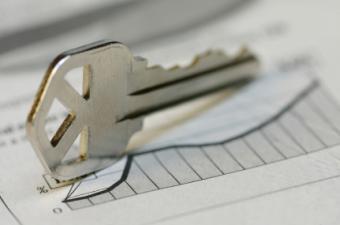Purchase loans took up more space among originations in August as credit requirements eased, according to data presented in ""Ellie Mae's"":http://www.elliemae.com/ monthly Origination Insight Report.
[IMAGE]A sampling of loan applications initiated on the company's Encompass origination platform shows purchase loan share climbed to 57 percent off all loans in August--up 4 percentage points from July--while refinance share was 43 percent. It was the third straight month to see purchase share reach a new record.
Among refinances, those with a high loan-to-value ratio (95 percent or more)--typically associated with the Home Affordable Refinance Program (HARP)--surged to a share of 13.4 percent, demonstrating the program's ongoing popularity even as refinance demand wanes.
As refinance share declined, so did the closing rate for refinance loans. Using a sample of applications initiated 90 days prior (May 2013), Ellie Mae calculated a closing rate of 46.8 percent for refinances, bringing the closing rate for all loans down to 53.1 percent from 55.4 percent. The closing rate for home purchase loans inched up a tenth of a percentage point to 61.5 percent.
Closing time dropped significantly all around, with purchase loans closing in 42 days (from 46 in July) and refinances closing in 41 days (from 48). Across all loans, the average closing time was 41 days compared to July's 47.
For loans closed in August, the average FICO score was 734, down from 737, while the average loan-to-value ratio 82 percent, up from 81 percent. The average profile for a denied loan was a credit score of 696 (down from 702) and a loan-to-value ratio of 84 percent (unchanged since May).

 theMReport.com Your trusted source for mortgage banking news
theMReport.com Your trusted source for mortgage banking news









